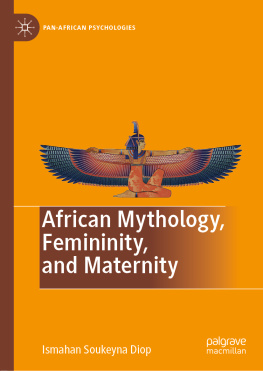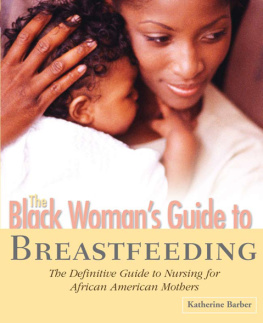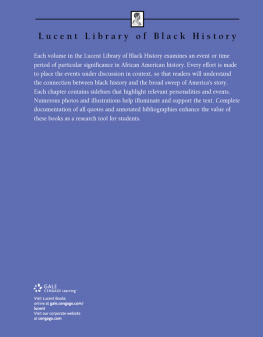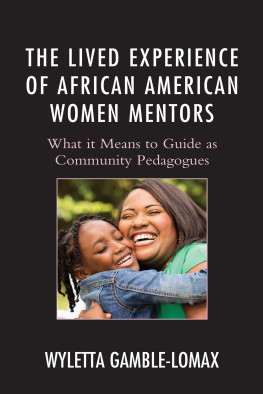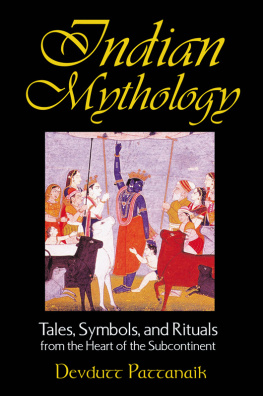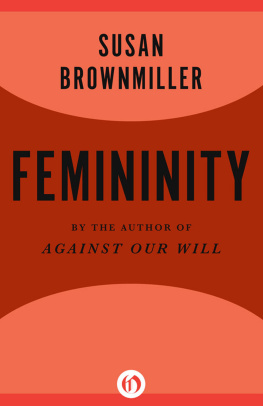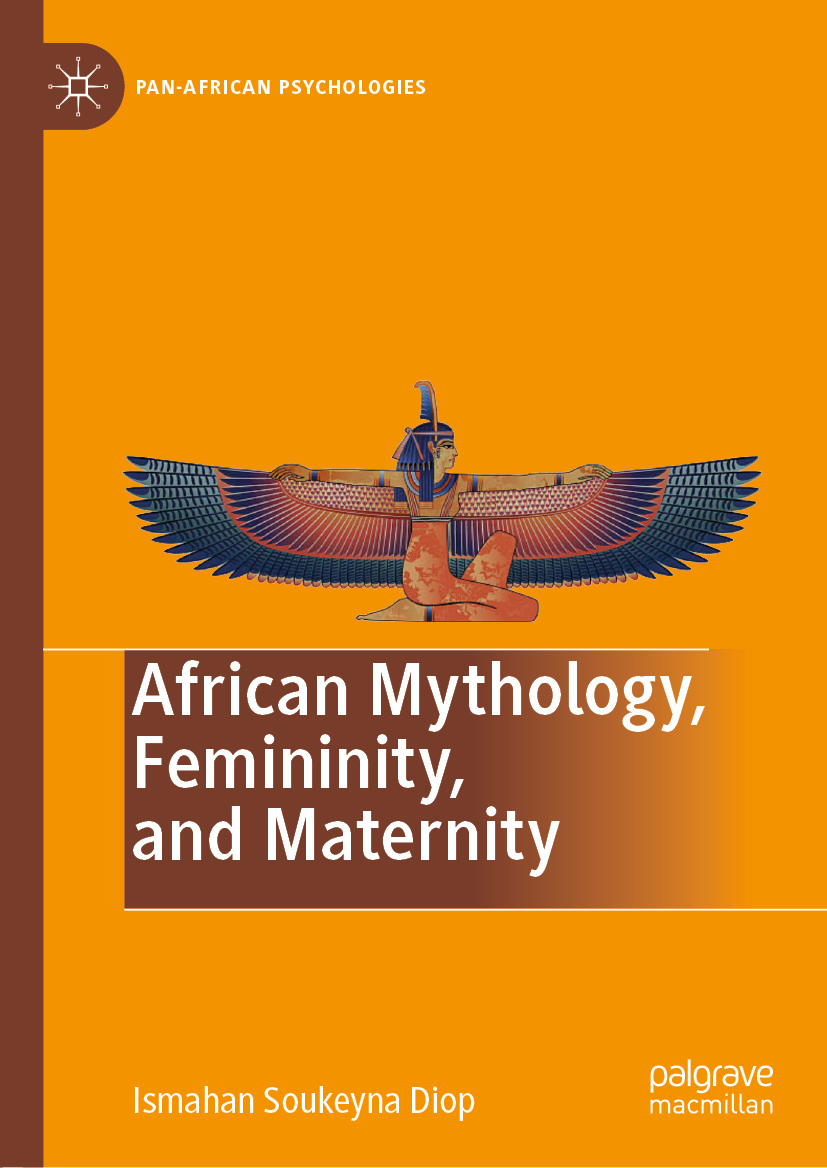Pan-African Psychologies
Series Editors
Chalmer E. F. Thompson
Indiana University Purdue University Indianapolis, Indianapolis, IN, USA
Guerda Nicolas
University of Miami, Coral Gables, FL, USA
African people and their descendants from various regions of the Diaspora have endured a history of struggle that has been replete in violence and structural oppression. Offering apsychologyof Black people entails an understanding of these pervasive, sustaining structures and their intersection with culture, gender socialization, and the panoply of isms that shape people and contexts. What is needed as part of a knowledge base on Black psychology is an elaboration of the common themes that cut across global contexts and the conditions that characterize specific regions, all of which have bearing on individual, interpersonal, and societal functioning. More than ever, there is an urgent need for psychological scholarship that unapologetically centers race and the ever-changing role of context in understanding the history, struggles, and strengths of Black lives and communities around the globe. The series seeks to make a novel contribution to the broader area of critical & radical psychology by drawing on marginalized voices and perspectives and by engaging with the praxis agenda of improving the lives of African/Black peoples. It both seeks to critique oppression (more particularly, of the racialized, neo-colonial world) and provide prospective strategies (practices of liberation, of peace) to respond to such forms of oppression.
More information about this series at http://www.palgrave.com/gp/series/15830
Ismahan Soukeyna Diop
African Mythology, Femininity, and Maternity
Ismahan Soukeyna Diop
Facult de Lettres et Sciences Humaines, Cheikh Anta Diop University, Dakar, Senegal
ISSN 2523-8264 e-ISSN 2523-8272
Pan-African Psychologies
ISBN 978-3-030-24661-7 e-ISBN 978-3-030-24662-4
https://doi.org/10.1007/978-3-030-24662-4
The Editor(s) (if applicable) and The Author(s), under exclusive license to Springer Nature Switzerland AG 2019
This work is subject to copyright. All rights are solely and exclusively licensed by the Publisher, whether the whole or part of the material is concerned, specifically the rights of translation, reprinting, reuse of illustrations, recitation, broadcasting, reproduction on microfilms or in any other physical way, and transmission or information storage and retrieval, electronic adaptation, computer software, or by similar or dissimilar methodology now known or hereafter developed.
The use of general descriptive names, registered names, trademarks, service marks, etc. in this publication does not imply, even in the absence of a specific statement, that such names are exempt from the relevant protective laws and regulations and therefore free for general use.
The publisher, the authors and the editors are safe to assume that the advice and information in this book are believed to be true and accurate at the date of publication. Neither the publisher nor the authors or the editors give a warranty, expressed or implied, with respect to the material contained herein or for any errors or omissions that may have been made. The publisher remains neutral with regard to jurisdictional claims in published maps and institutional affiliations.
Cover illustration: Grafissimo/DigitalVision Vectors/Getty Images
This Palgrave Macmillan imprint is published by the registered company Springer Nature Switzerland AG
The registered company address is: Gewerbestrasse 11, 6330 Cham, Switzerland
Series Editors Foreword
Over the past several decades, there has been much scholarshipas well as a multitude of films, songs and literature sourcesfocusing on the importance of the emancipation of African people. It is our hope that this series will add to this base of knowledge and creativity and offer scholars and activists a solid, a one-stop resource for understanding the obstructions to emancipation and possible solutions for moving forward to construct new ways of being. This is book two of a books series focusing onPan-African Psychologieshighlighting the work of psychologists and other health and applied professionals whose work centers on unpacking the systemic issues that plague black communities throughout the globe and impacting our day-to-day deliberations. The series also seeks to highlight solutions to addressing these issues individually and systemically. Lastly, through this series, we seek to create a corpus of writings addressing the call for more liberated and freed Black individuals and communities who continue to be significantly affected by centuries of oppression.
Although each of the books in the series focuses on a distinct subject area, they are all linked through one main web: this collection is comprised of the writings of scholars in Black/African, liberation, radical, Fanonian, critical, cultural psychology or related fields and whose common focus is to shift the discourse on the structural damage of racism to finding antidotes for such a disease.
The first book by Chalmer Thompson provided the foundational context for developing, creating and disseminating a series of books onPan-African Psychologies. We encourage you to read this first book to, for an in depth and solid background, araison detre,for the development of the series.
Given the importance and significant role of women in our Black communities, it is fitting that the second book in the series would focus on women with a specific focus onAfrican Mythology, Femininity, and Maternity.The liberation of the individual must start from the cradle and mothers must play a significant role in this endeavor. The well-being of Black women is crucial as they prepare for such an impactful role.
Our intent in this series is to share with readers the array of psychologies that exists throughout the African Diaspora but with a very specific, twofold focus:
To spread knowledge about the freedom to be.
Learn from and revel in the freedom that many already experience, at least psychologically, and as they pursue liberation for other people of African descent.
In some cases, we transcend our regional spaces by addressing similarities across contexts within the Diaspora. This particular effort to engage transnationally is one we hope will inspire our readers to act, or continue to act, toward liberation and peace at the global level.
Chalmer E. F. Thompson
Guerda Nicolas
Indianapolis, USA Coral Gables, USA
Foreword
Ismahan Soukeyna Diops book is an extension of her thesis where she was already questioning the question of the femininity and the maternity after a mastectomy or a hysterectomy in Senegalese women.
In her book, this question is approached through African mythology in the light of cultural anthropology and psychoanalysis. It has the merit of detailing the myths, tales and legends to highlight the power of women in the matriarchy, being incompatible with the balance of the world, if not counterbalanced by that of men.
This matriarchy finds its origin in the founding myth, Amma, a woman, as creator of the world, but introduced in her symbolic order, the matrilineage, which must pass through a man, the maternal uncle. This family structure has led to a lively debate between psychoanalysis and American anthropology about the Oedipus that unfolds between four protagonists in this society and not three, as in the western world.

